By Jeff Field | Published July 8, 2024 | Posted in Bankruptcy, Chapter 13 | Tagged Tags: Bankruptcies, chapter 13, Inflation | Leave a comment

Inflation Cited As Factor As Bankruptcies Increase
If you’ve felt extra financial pressure over the past couple of years, you’re not alone. Data from 2023 shows that bankruptcies are on the rise in the United States. While multiple factors have contributed to this increase, one significant driver is the persistence of inflation following the COVID-19 pandemic. As prices for essential goods and Read More
Read More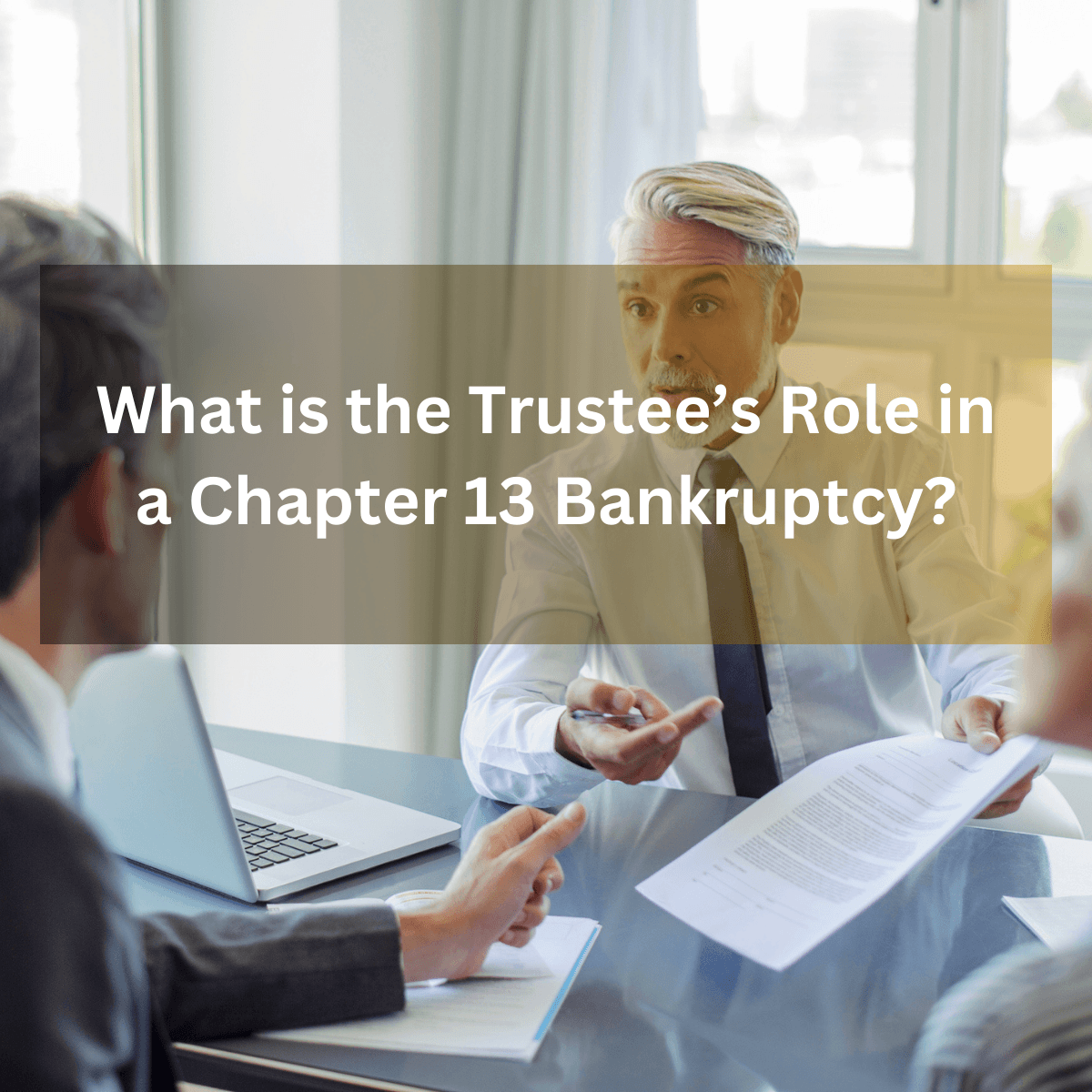
What Is the Trustee’s Role in a Chapter 13 Bankruptcy?
Chapter 13 is a type of bankruptcy relief that affords individuals protection from creditors as long as they pay off a portion of their outstanding debts over time according to a court-approved plan. The plan is supervised by a trustee, who acts as the court’s overseer throughout the process. The trustee plays a pivotal role Read More
Read More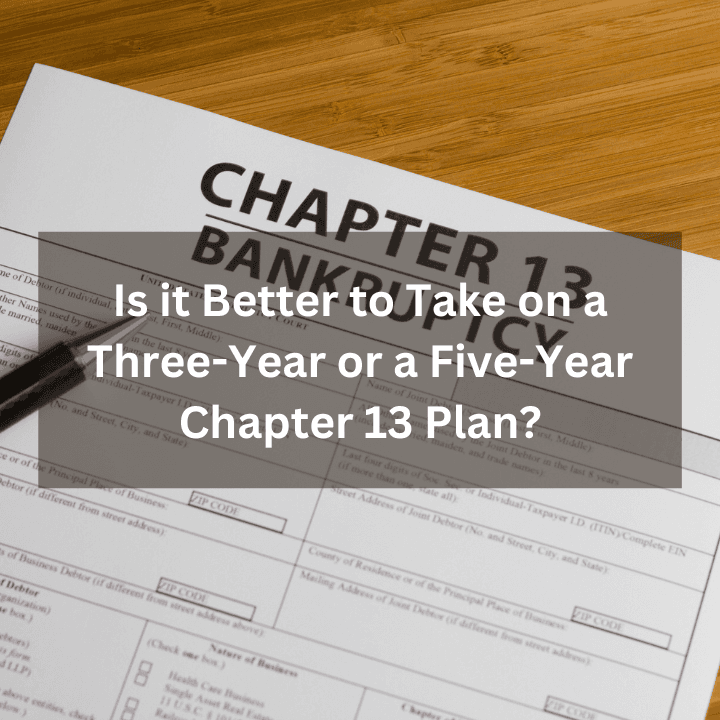
Is it Better to Take on a Three-Year or a Five-Year Chapter 13 Plan?
Chapter 13 is a form of bankruptcy meant for people who, despite being in financial straits, have the resources to repay at least a portion of their outstanding debts over time. Those debts are discharged only after the debtor completes a court-approved repayment plan that lasts three or five years. Which time period applies depends Read More
Read More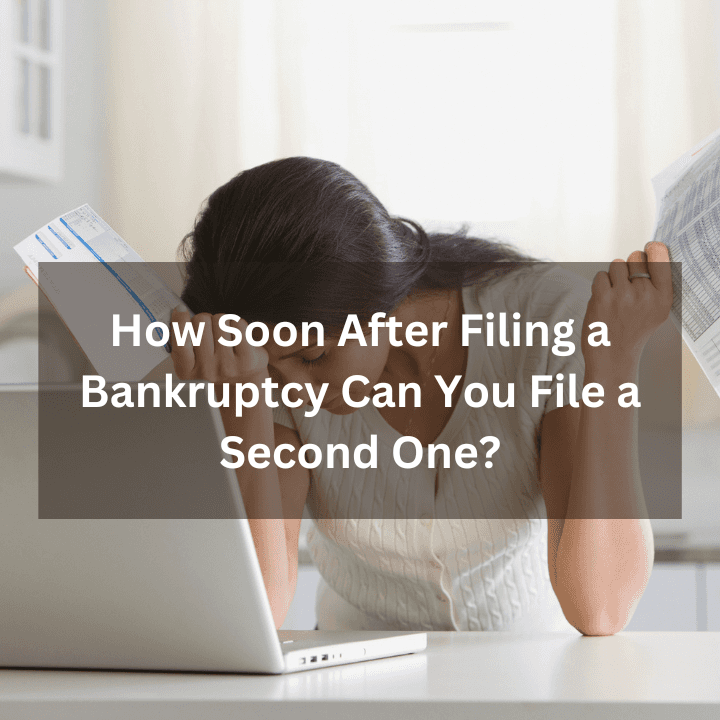
How Soon After Filing a Bankruptcy Can You File a Second One?
Bankruptcy is a legal process designed to help individuals and businesses overcome overwhelming financial difficulties by providing a fresh start. For individuals, the two most common forms of bankruptcy are Chapter 7 and Chapter 13. While these chapters serve similar purposes, they differ in their approach towards debt resolution and in their allowance of second Read More
Read More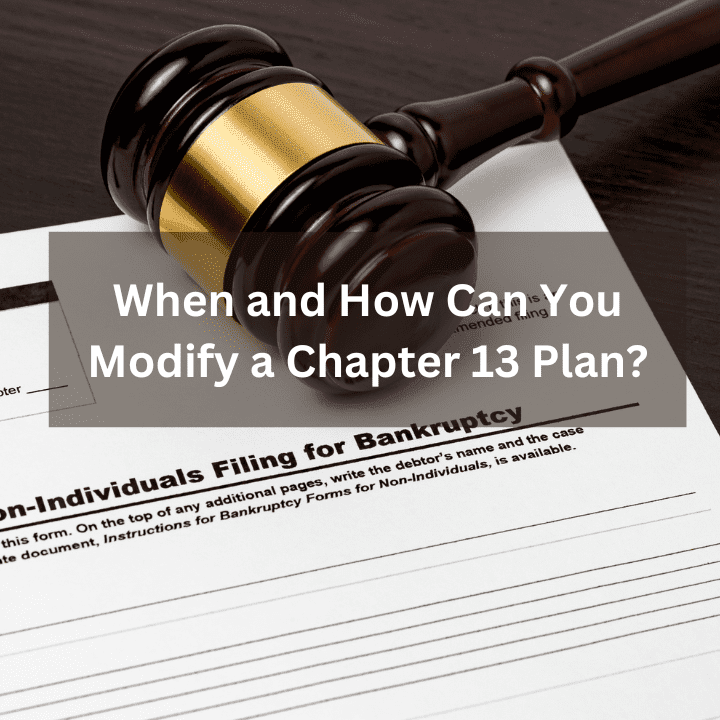
When and How Can You Modify a Chapter 13 Plan?
Chapter 13 bankruptcy is a powerful tool for people who are struggling with insurmountable debt. It allows you to pay off your unsecured debts monthly over a period of three or five years, and at the end of your repayment plan, the remaining debts will be discharged. The size of your monthly payment is based Read More
Read More
What Happens in Chapter 7 if There’s Too Much Equity in Your Home?
Most Georgia bankruptcy filers prefer taking the Chapter 7 route because it results in discharging outstanding debts while allowing debtors to keep most or all of their property. However, you shouldn’t assume Chapter 7 is the right fit for you. There are several factors to consider first, including your income, your expenses and whether you Read More
Read More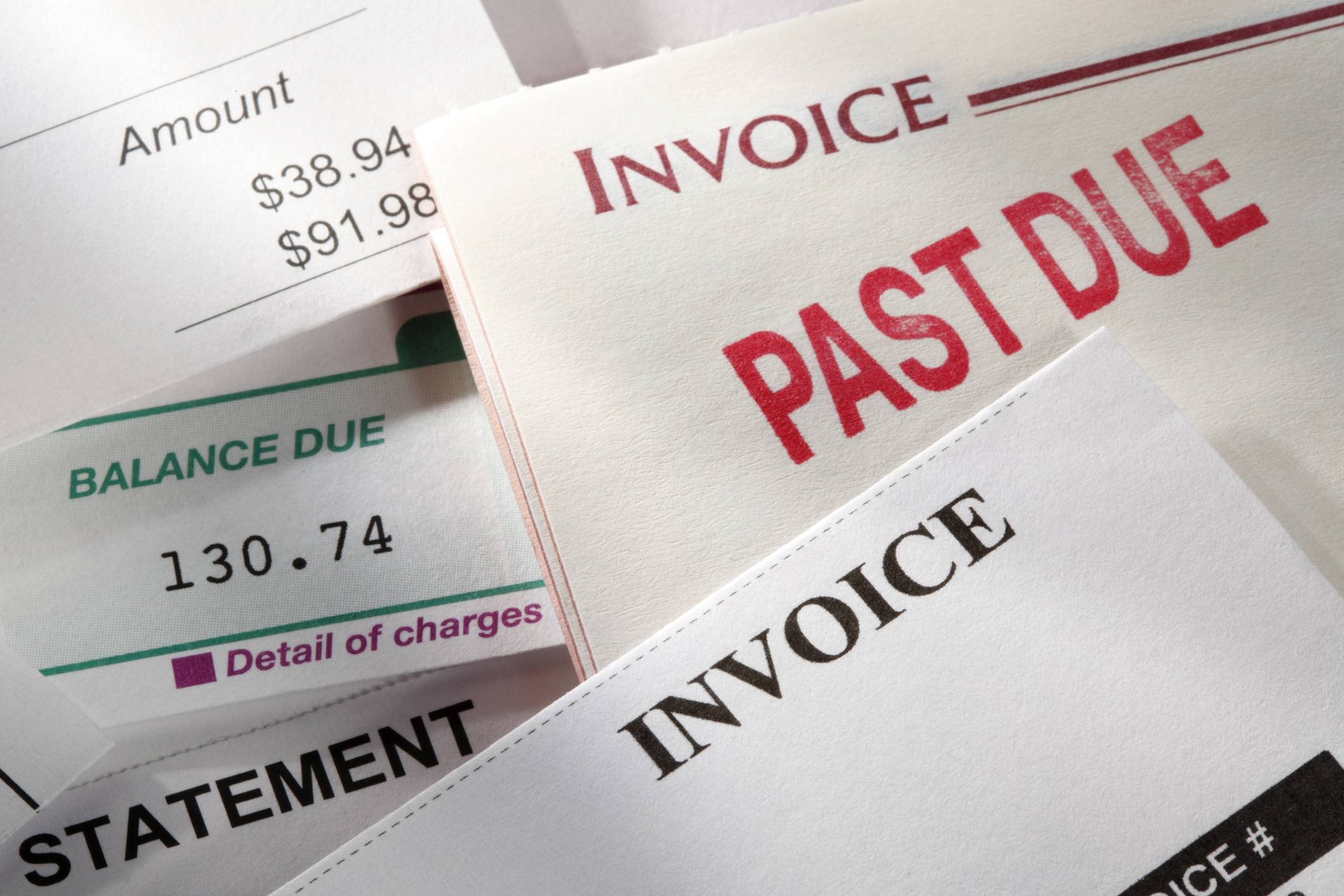
Why Bankruptcy is Often a Better Remedy Than Debt Consolidation
Some people facing uncomfortable financial burdens might look to debt consolidation as an alternative to filing for bankruptcy, perhaps out of fear that bankruptcy will ruin their credit rating. However, debt consolidation has its own disadvantages that might make it a poor choice in many situations. Bankruptcy can be a better option if, for instance, Read More
Read More
Can You Convert a Chapter 13 to a Chapter 7 Bankruptcy?
Individual debtors who want to take advantage of bankruptcy law to reduce or wipe out their debt burden have two options. One is Chapter 13 bankruptcy, which is designed for debtors who don’t want to sell off their property to pay off their creditors but instead want to make repayment of their debts more manageable. Read More
Read More
How Does Filing for Bankruptcy Affect Your Cosigner on a Loan?
If a family member or close acquaintance has agreed to cosign on a loan or credit account for you, they are liable for the full amount due. That means the creditor can seek repayment from your cosigner even if you seek bankruptcy protection. In deciding how to proceed, you need to consider the effect of Read More
Read More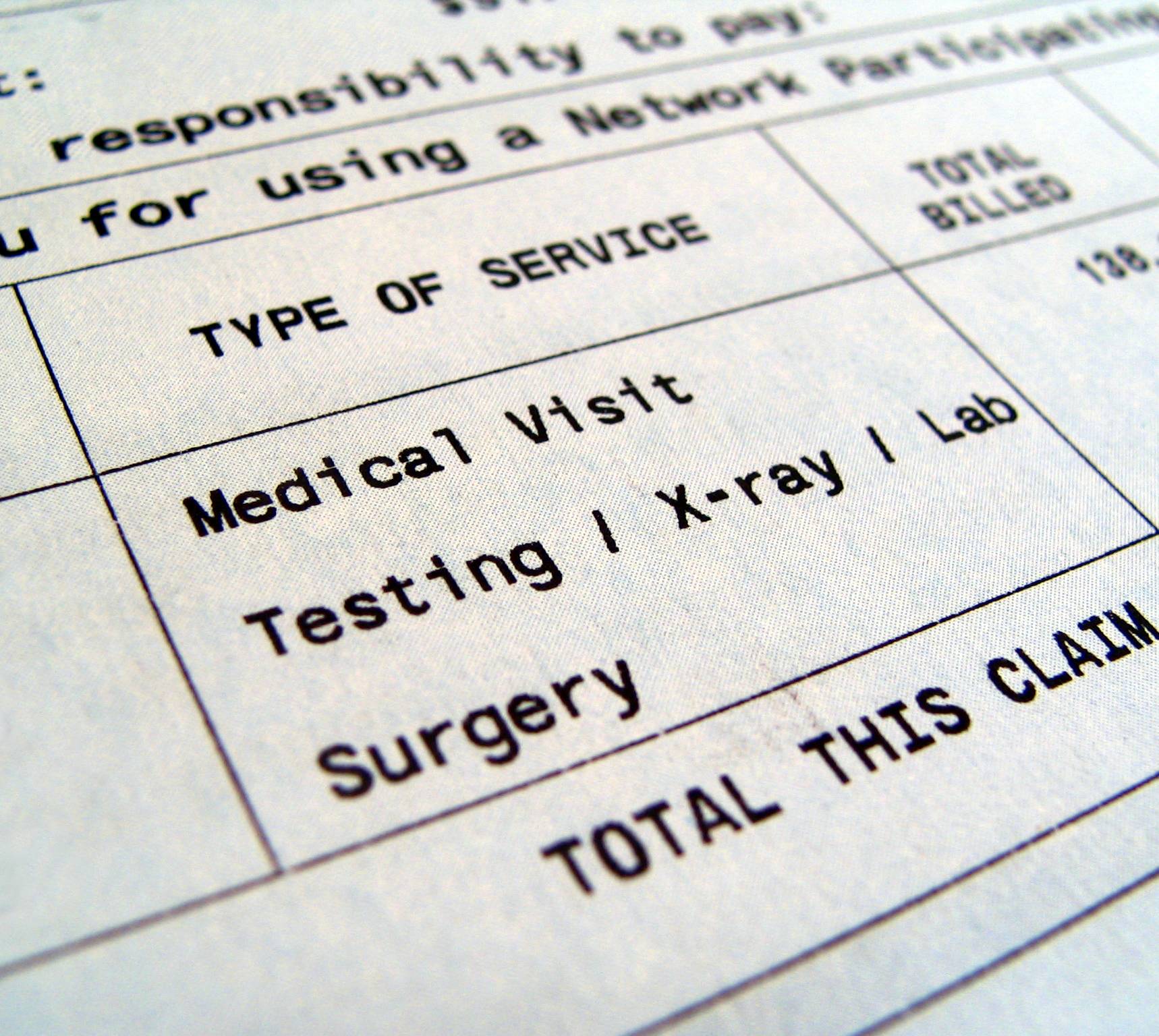
How Filing for Medical Bankruptcy Can Help With Health Insurance
Unmanageable debt due to medical expenses is a major reason why Americans fall into financial hardship. If you’re in this situation, you might not even be able to afford health insurance, with the result that your medical bills continue to mount. Filing for bankruptcy can alleviate your economic burdens and offer you a fresh start. Read More
Read MorePlease fill out the form below and one of our attorneys will contact you.





